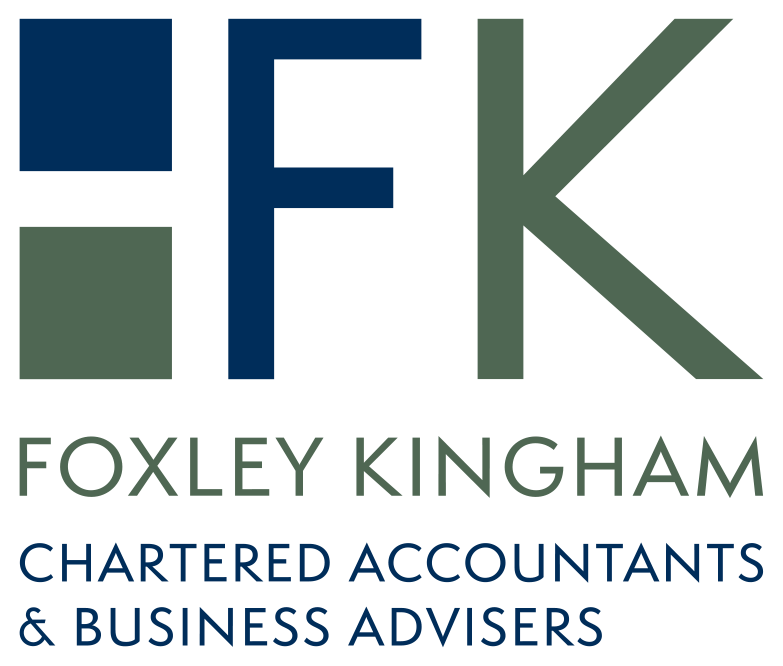A new health and social care tax is being introduced to boost funding for the NHS and social care, Prime Minister Boris Johnson announced. Employees and the self-employed will initially pay an extra 1.25% in National Insurance contributions (NICs) from April 2022.
From April 2023, this rate will remain in place but in the form of a ‘health and social care levy’, at which point state pensioners who continue to work will also pay the levy. Employees currently pay 12% in Class 1 NICs on earnings between £9,568 and £50,270, and 2% on earnings above that, while employers pay a flat rate of 13.8%.
The self-employed will also see Class 4 NICs rates rise, with the main rate of 9% increasing to 10.25% and the higher rate from 2% to 3.25%.
The increase in NICs stands to generate an additional £12 billion for health and social care. The Chartered Institute of Taxation (CIOT) said that bringing state pensioners into the scope of the new levy might be setting a precedent for the future. John Cullinane, director of public policy at the CIOT, said:
“The new levy (NICs in all but name) will apply to pensioners, albeit limited to their employment income. It is hard not to see this as setting a precedent making it easier to bring pensioner earnings within the full scope of National Insurance at some point in the future.”
Alongside the levy, which will be paid by employees, the self-employed and businesses, the government has announced a 1.25% increase in dividend tax rates from 1 April 2022, taking rates to 8.75% for basic rate taxpayers, 33.75% for higher rate taxpayers and 39.35% for additional rate taxpayers. The £2,000 dividend allowance will remain.
The increase in dividend tax rates will be legislated for in the next Finance Bill and the government estimates that 70% of the revenue raised will be paid for by additional and higher rate taxpayers in 2022/23. It is possible through careful tax planning to accelerate current tax year dividends in order to avoid the new rate introduction in the new financial year.
Talk to us about tax planning and remember initial consultations are free.


